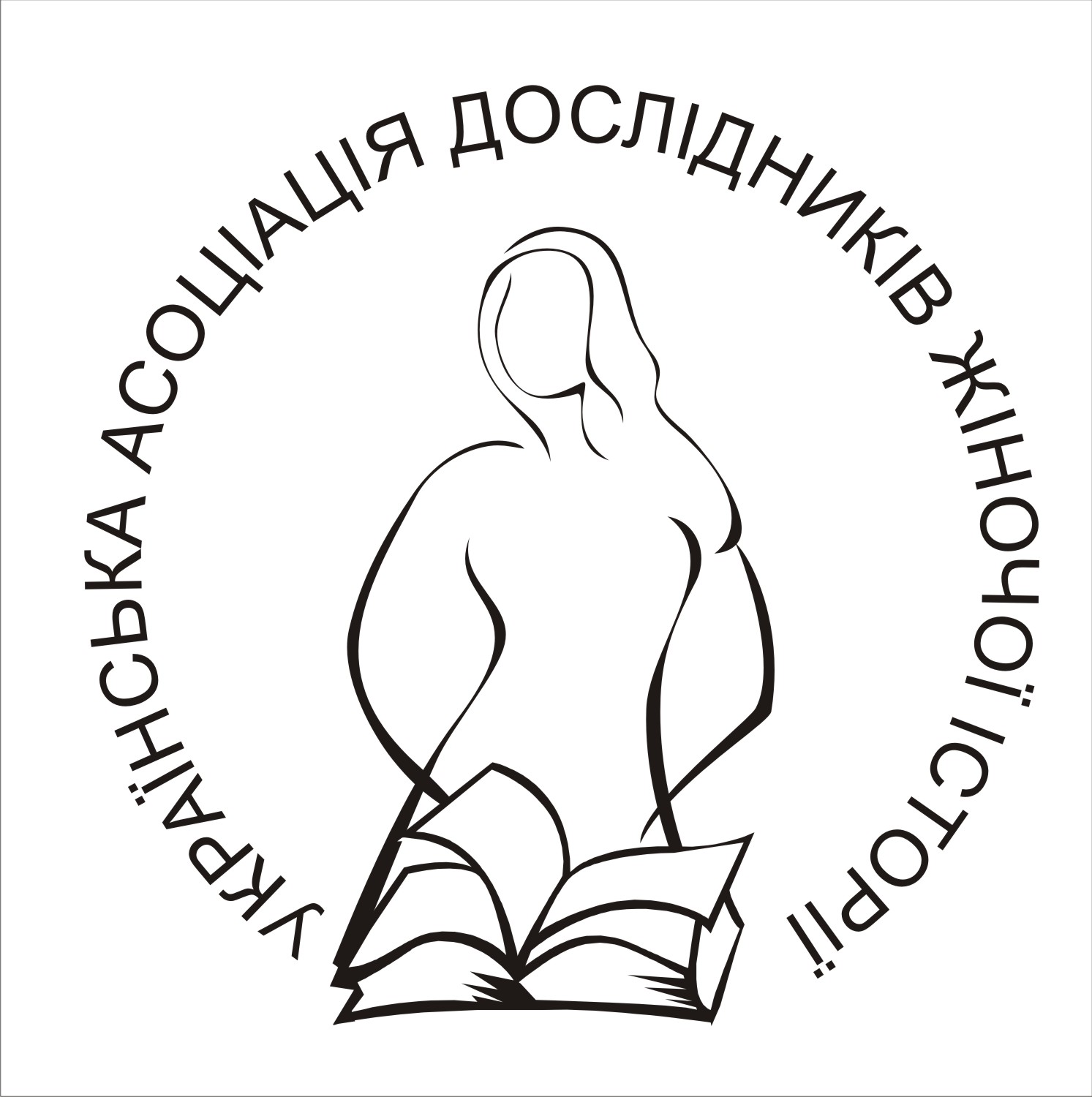Passageways, Coffee Places, and Bazaars: Women and Spaces of Consumption in the Early 20th Century Lviv
Vladyslava Moskalets
Ukrainian Catholic University26.01.2021, 18.30
online / zoom / youtube
Welcome to the online lecture by Vladyslava Moskalets on "Passageways, Coffee Places, and Bazaars: Women and Spaces of Consumption in the Early 20th Century Lviv", a part of the lecture program "Gender Dimensions of Modernity Spaces".
The culture of consumption is a phenomenon of modernity that has been spreading in Europe since the 18th century and essentially changed the conduct of people and the space of European cities. In fact, Lviv of the early 20th century was the kind of modern place full of markets, coffee places, cake-shops, stores, and trading passage-ways offering new socializing opportunities. In this new world of consumption, women were an important topic of public debate: the belief was that the urban woman was a key target of new advertising technologies. How did the new conventional gender roles function in the context of new consumption practices and experiences? What spaces were "male" or "female"? What were the uncodified rules of using the spaces? Could a woman remain invisible in the shopping malls and in the streets of Lviv? One can find rich materials in the early 20th century newspapers and memories about the city. It can help take an unusual perspective on the place.
The event will be taking place on the zoom platform.
In addition, the event will be streamed on Youtube.
Working language - Ukrainian.

Vladyslava Moskalets
Ph.D. in Humanities, a senior lecturer at the Department of Modern and Contemporary History of Ukraine at the Ukrainian Catholic University, a coordinator of the Jewish Studies Programme at UCU.
This lecture is a part of the program "Gender Dimensions of Modernity Spaces," organized by the Center for Urban History and Ukrainian Association for Research in Women's History and supported by Heinrich-Böll-Stiftung Ukraine.



